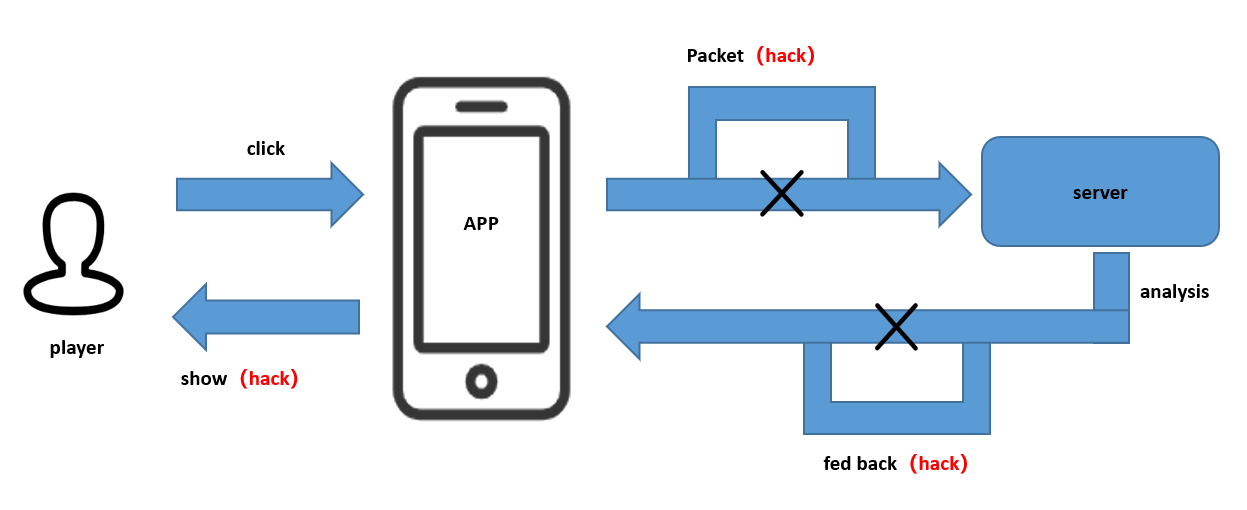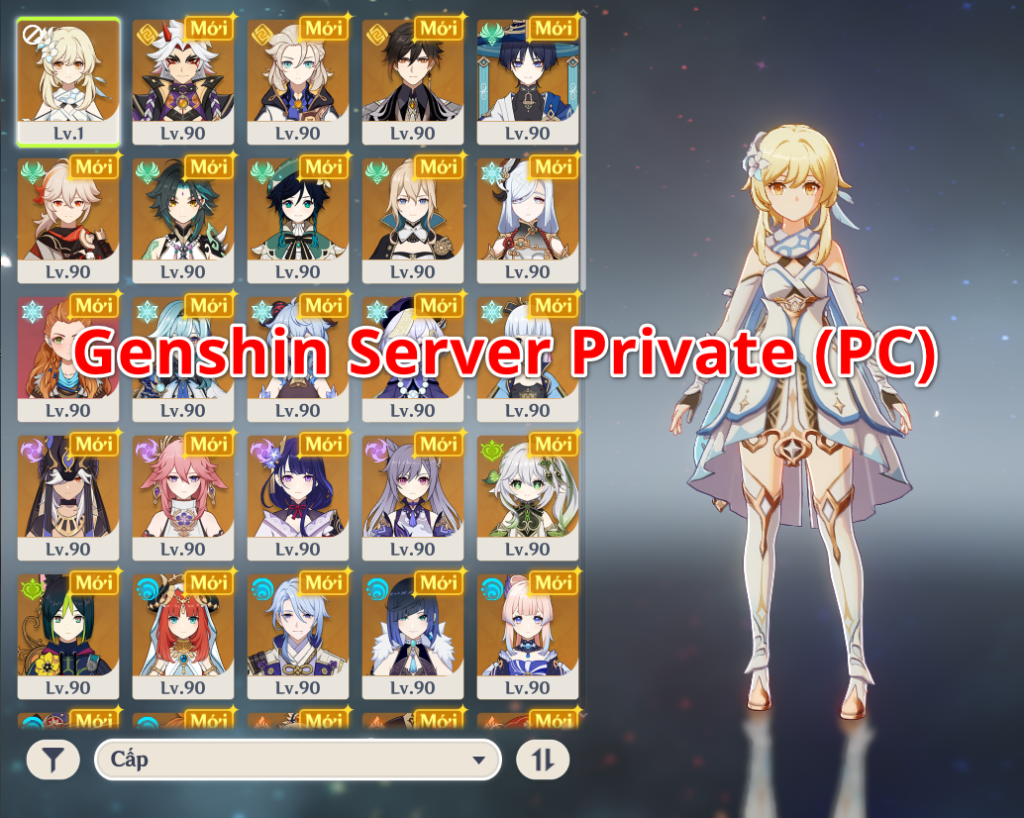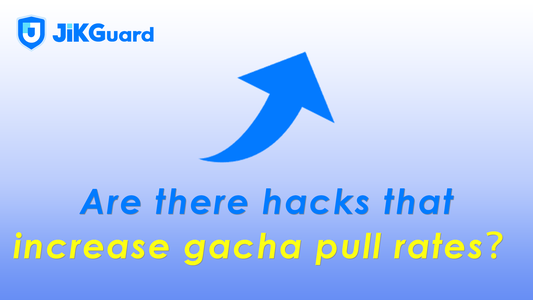By integrating with other in-game resource systems and employing pseudo-random distribution and guaranteed drop mechanisms, the system can provide most players with a relatively positive gaming experience, thereby enhancing player retention.

Even non-pay-to-win systems in many games incorporate similar design principles, such as random attribute generation for equipment or random item drops upon completing levels.
However, the gacha system is not without its flaws. The inherent randomness of probability-based events inevitably impacts the gaming experience of some players. When players do not have enough resources to support gacha, there seems to be no better solution than paying or giving up.
Cheat authors who see business opportunities take advantage of the situation, and some people spread cheats through various channels, whose features are precisely to increase the probability of gacha.
JikGuard collected some of the gacha probability-enhancing cheats sold on the market and tested their actual effects and implementation principles.
Most of these types of auxiliary cheats are apk programmes. After operating multiple accounts, there was no significant increase in the actual probability of gacha. In addition, no modifications or hacks were detected in the running stage of the cheats.
It can be said that these types of cheats that increase the probability of gacha are "useless" and are made to take advantage of the psychology of players. After all, if the probability can be increased, why not make it 100%?
But can the probability of gacha be increased through cheating? The answer is: it is possible.
Most game gachas are calculated on the server side, that is, when the player presses the gacha button, the client sends a command, and the server performs the calculation and feeds back the gacha results to the client. If a game's communication protocol is hacked, then the gacha results can indeed be influenced.

Client-server interaction after the communication protocol is hacked
In addition to hacking the communication protocol, it is also possible to achieve the same goal of increasing the probability of gacha by directly modifying the overall code logic of the game through other hacking methods to create a "private server". For example, overseas hackers created a private server for Genshin Impact, which allowed players to adjust the gacha items through commands.

Screenshot of the private server for the game Genshin Impact
This type of hacking has a very negative impact on games. If not stopped, it will seriously affect the balance of the game, leading to a large loss of players and thus drastically shortening the game's life cycle.
JikGuard has customised a special response strategy for this type of game issue, and this solution has been integrated into many popular games and proven to provide excellent protection.







